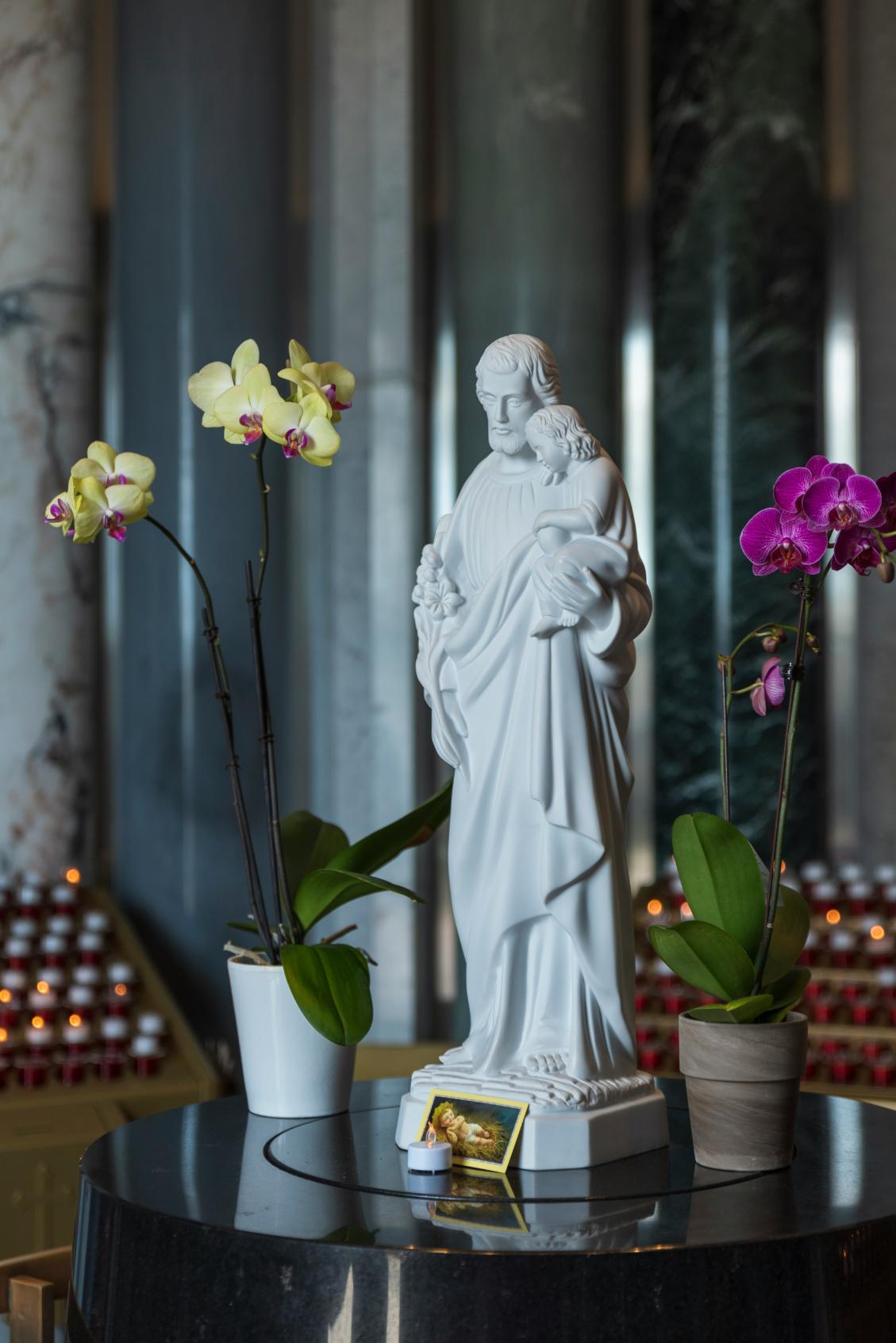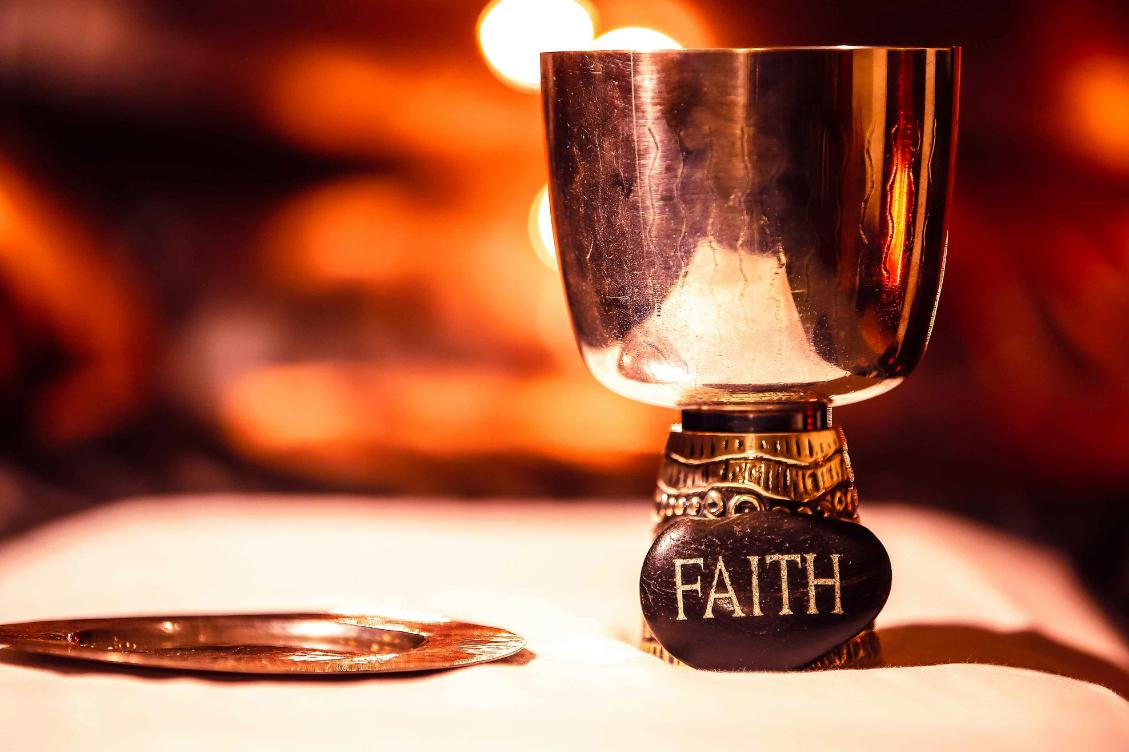by Lizzie Cousins
Vanity of Vanities No More? Faith's Resurgence in a PostSecular Age
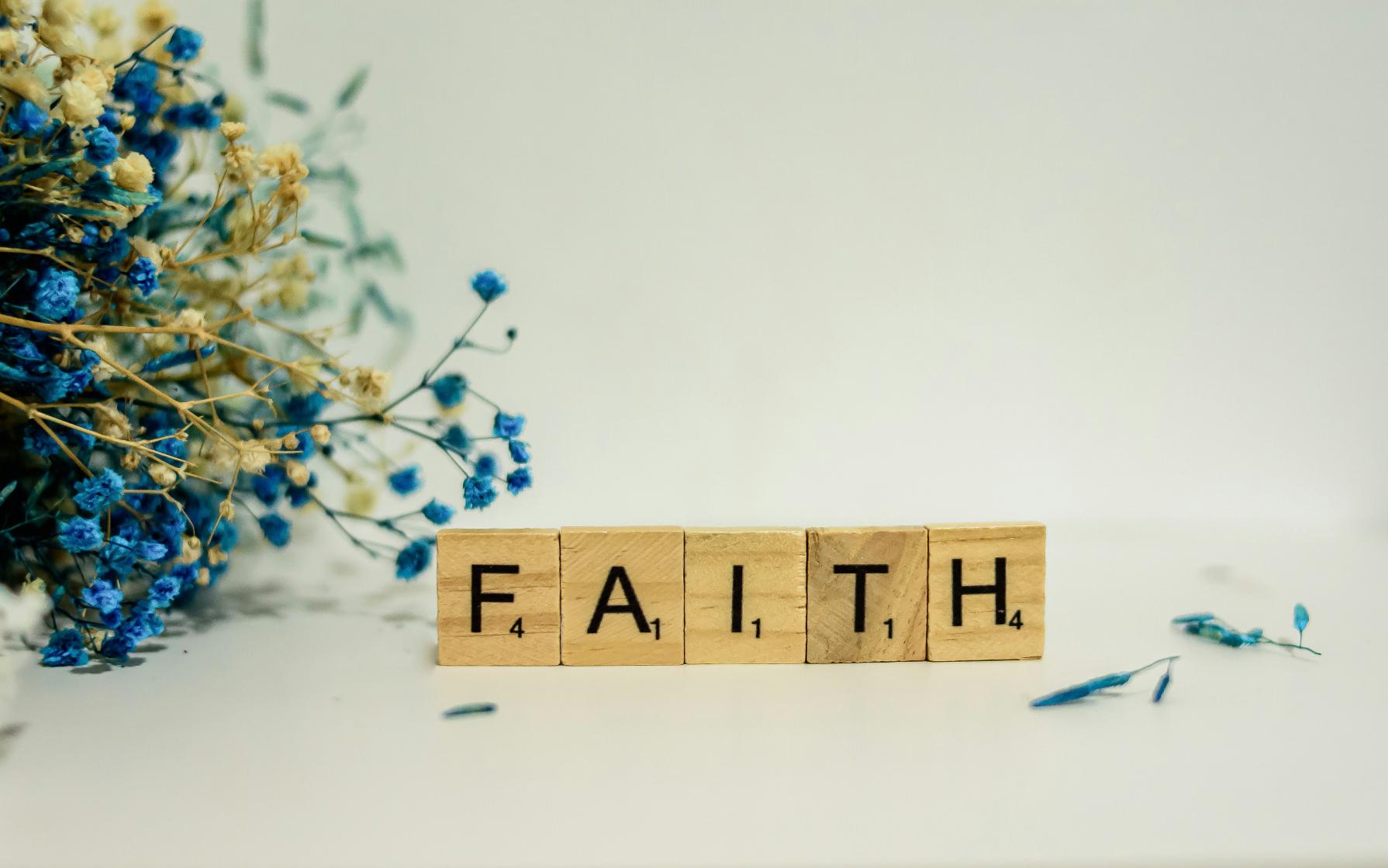
In recent decades, Western societies have been operating under the assumption that we were marching toward a secular future, one where religion would increasingly fade from public life. However, a growing body of evidence—like The Telegraph's recent report on the "extraordinary comeback of Catholicism" in the UK—has convinced me that we are, in fact, living in a post-secular age. As a public theologian, I see this shift not just as a sociological trend, but as a profound reengagementwithfundamentalhumanquestionsthatechotheancientwisdomoftextsliketheBook of Ecclesiastes.
ThePost-SecularTurnandtheEchoofEcclesiastes
I've come to understand that a "post-secular society" challenges the idea that modernization automaticallyleadstothedeclineofreligion.Instead,Iseeitasalandscapewherereligiousand spiritual worldviews are once again visible in the public sphere. This isn't a simple return to a pre-modern religious dominance; it's a more complex reality where faith traditions and secular perspectives coexist and contribute legitimate voices to our public discourse.
AsweheardrecentlyatMass,anancientparalleltothiscontemporaryspiritualyearningcanbe found in the Book of Ecclesiastes. Its iconic refrain, "Vanity of vanities, all is vanity" (Ecclesiastes1:2),or,moreaccurately,"Utterfutility,everythingisfutile,"speaksdirectlytoour modern search for meaning. The Hebrew word, hevel, means something fleeting and insubstantial, like a breath or a vapor. The Preacher (Qoheleth) systematically explores and dismisses the ultimate satisfaction found in wisdom, pleasure, wealth, labour, and power, concluding that all these, when pursued as ends in themselves, are ultimately hevel—like grasping at wind.


Secularism's Discontents and the SearchforSubstance
For much of the modern era, secular frameworks promised a vision of human flourishing rooted in material progress, individual autonomy, and scientific advancement. While these have brought undeniable benefits, I believe their promise that they alone could satisfy our
deepesthumanlongingshasoftenfallenshort.
I see the "meaning crisis," the rise of anxiety and mental health challenges, and a pervasive sense of emptiness in affluent societies as modern manifestations of Qoheleth's ancient lament.Therelentlesspursuitofconsumerism or professional success can leave people feeling unfulfilled, much like the Preacher's experience of "toiling under the sun."
The Telegraph's article on the resurgence of Catholicism in the UK gives us empirical support for this spiritual hunger. It highlights that young Britons in particular, are turning to faith in search of "meaning, community, and a deeper sense of tradition and moral clarity." This suggests to me that the "vanities" of a purely secular existence are proving insufficient. People are seeking something more substantial and enduring. The structured community, rich tradition, and transcendent claims of faithofferacompellingalternativeto the perceived futility of a life lived solely within a purely secular framework.
Public Theology: Articulating Ancient Wisdom for Modern Times
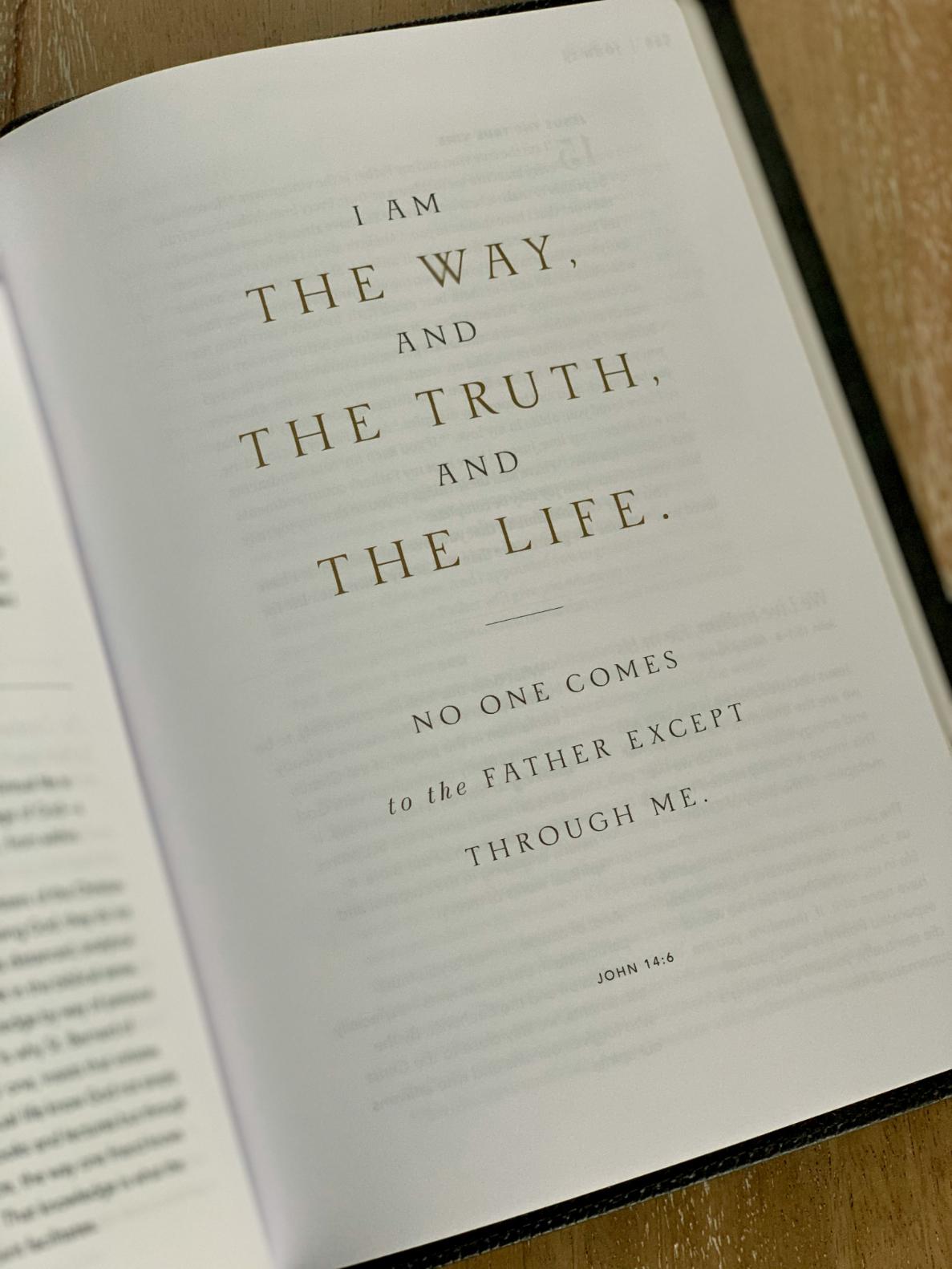
This re-engagement with faith presentsacrucialopportunityformy field of public theology. I believe public theology is not about imposing religious dogma, but about translating the profound insights of faithtraditionsintoalanguagethatisaccessibleand relevanttowiderpublicdebates.Inthispost-secular context, I can articulate how the wisdom of Ecclesiastes speaks to our contemporary discontents. I can help society understand that the spiritual hunger driving the resurgence of faith isn't merely a private preference; it has profound implications for how we construct our common life, pursue justice, and define human flourishing.
By drawing on texts like Ecclesiastes, I can offer a critical perspective on societal values that prioritize accumulation and transient pleasures. I can advocate for a vision of human dignity andcommunitythattranscendsmereutilityormaterialgain,remindingusthattruewell-being might lie in pursuits that are not hevel—pursuits connected to ultimate meaning, ethical living, andenduringrelationships.Thisencouragesadialoguewherefaith-basedarguments,rootedin ancient wisdom, can be presented and engaged with, enriching our public conversations about the kind of society we wish to build.
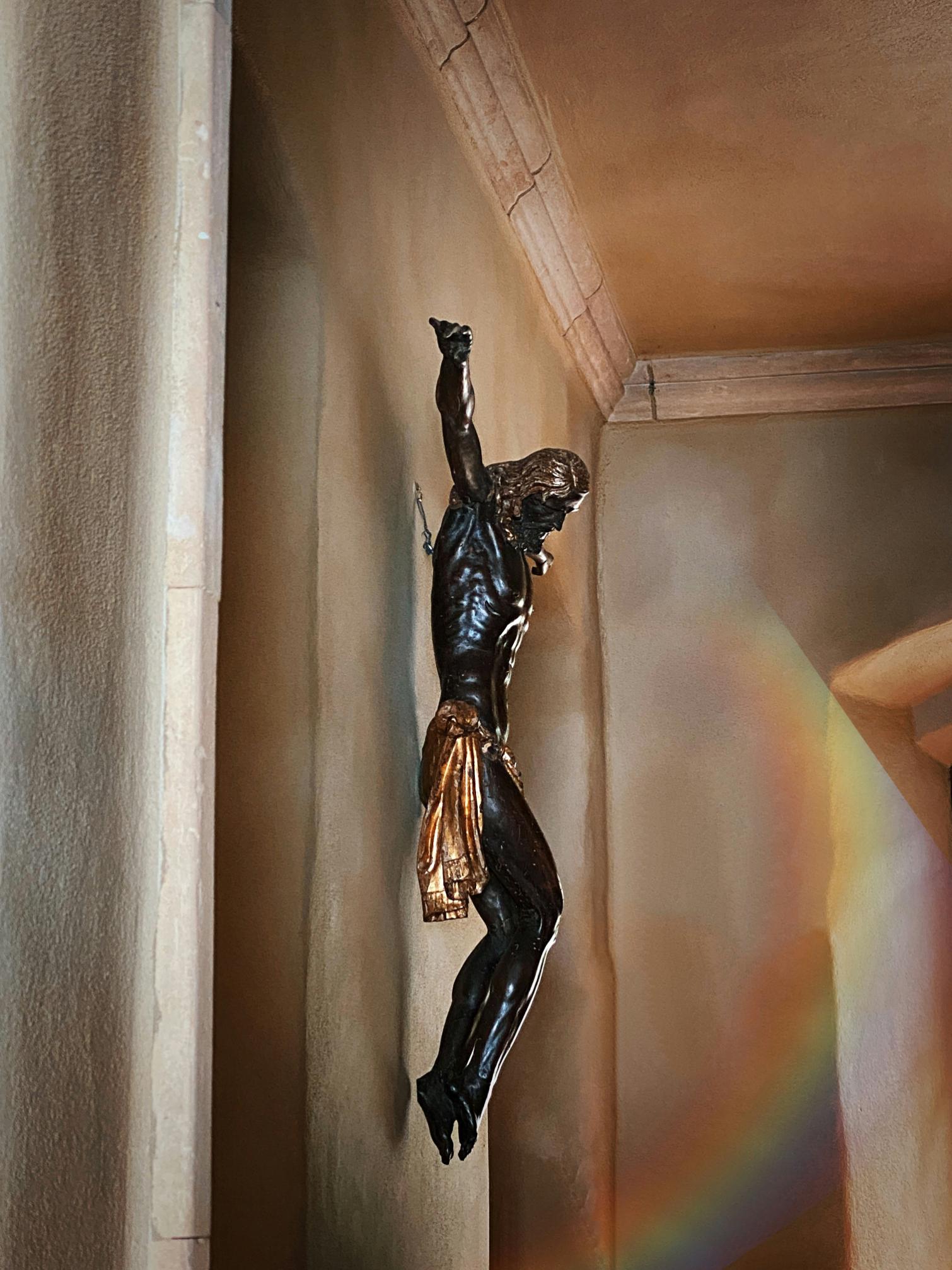
I've seen the notion of a purely secular society, where religion fades into irrelevance, increasingly challenged by both empirical evidence and lived experience. The "extraordinary comeback of Catholicism" highlighted in TheTelegraphisapowerfultestamentto the enduring human search for meaning and community, a search that resonates deeply with the ancient wisdom of Ecclesiastes. From my vantage point in public theology, I don't see this as a regression, but an evolution towards a more complex and potentially richer public sphere. Embracing our postsecular reality means recognizing the ongoing, vital role of faith in shaping values, informing ethics, and contributing to the common good, offering a compelling counter-narrative to the "vanity of vanities" and pointing towards a more enduring hope.
